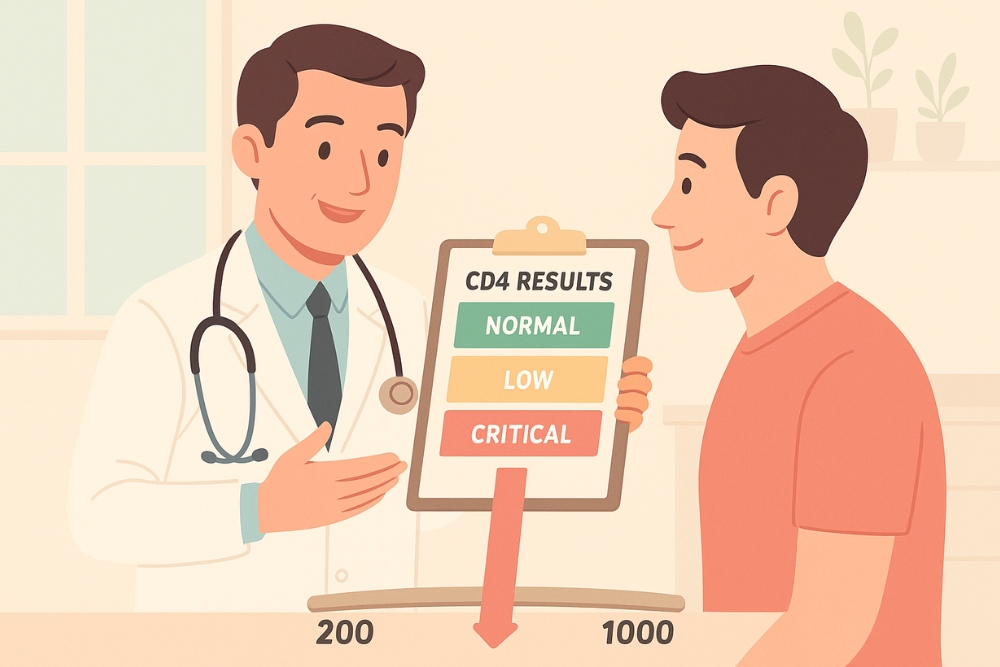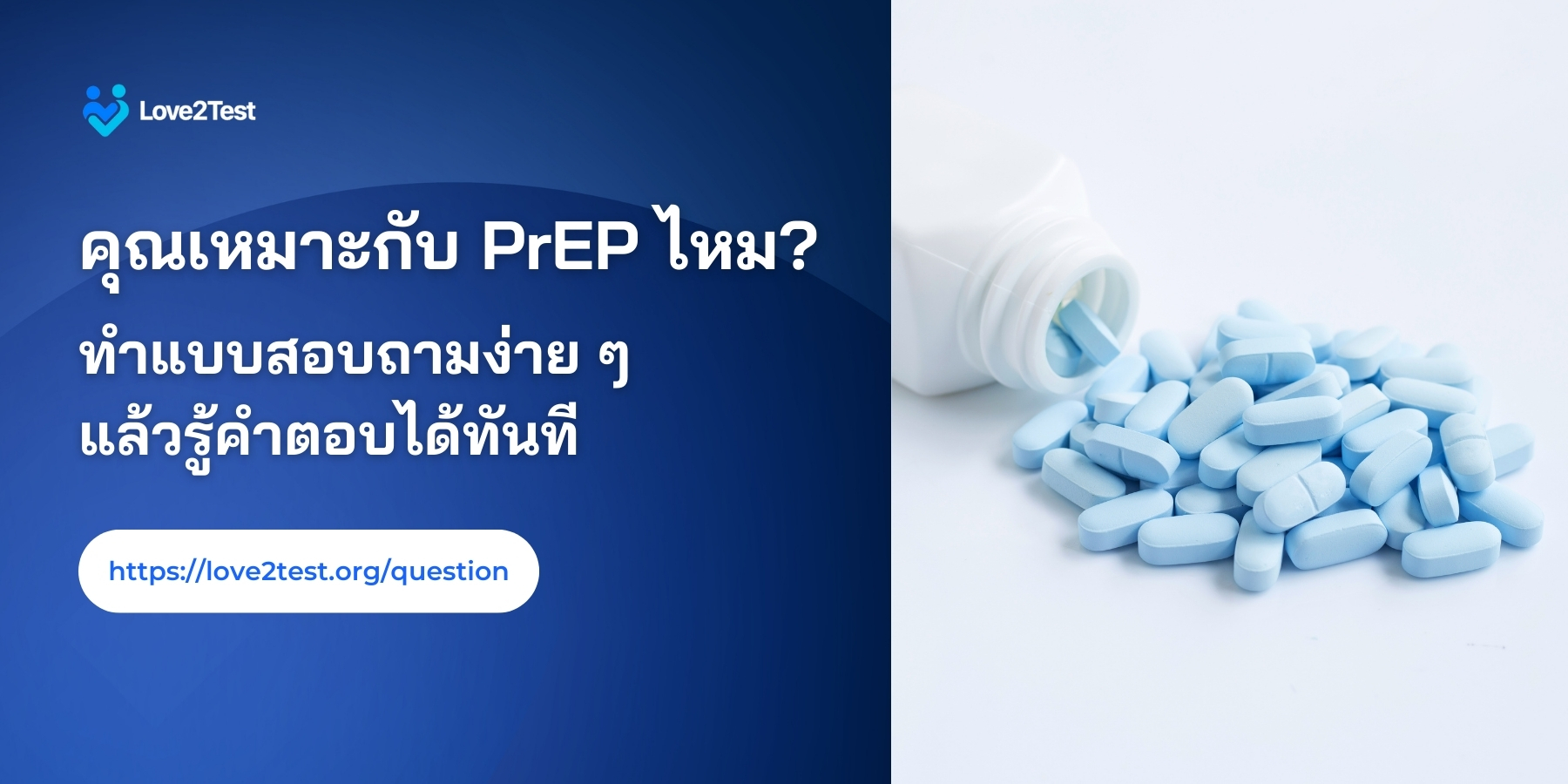CD4 Levels are often misunderstood as something relevant only to people living with HIV. In reality, CD4 levels represent a type of white blood cell that exists in everyone’s body, not just those with HIV. These cells are part of the immune system and play a crucial role in defending the body against infections. Even individuals without HIV can have their CD4 levels tested as a way to better understand the strength of their immune system.
The term CD4 stands for Cluster of Differentiation 4, a marker found on the surface of a specific kind of white blood cell known as the T-helper cell. These cells act as coordinators of the immune response, sending signals that activate other immune cells whenever the body encounters harmful bacteria, fungi, or viruses. Chemically, CD4 is a type of glycoprotein that allows these cells to interact with other components of the immune system, making it one of the most vital elements in keeping us healthy and protected.
Understanding CD4
CD4 stands for Cluster of Differentiation 4, which refers to a type of white blood cell called the T-helper cell. These cells are responsible for coordinating and activating the immune system. Whenever the body encounters harmful pathogens, CD4 cells act like the “team captain,” giving commands to other immune cells to fight back.

“CD4 cells are like the captain of a football team—
without the captain, the team loses control and direction.”

Why Are CD4 Levels Important?
- A key measurement of the immune system
- Used to assess the health of people living with HIV
- Indicates risk of opportunistic infections
- Provides essential information for medical treatment planning
Common Misconceptions About CD4
Many people mistakenly believe CD4 is relevant only to people living with HIV. In reality, everyone has CD4 cells, and anyone can measure their CD4 count. The reason this misunderstanding exists is because monitoring CD4 is a crucial step in HIV treatment. Since the virus attacks and destroys immune cells, checking CD4 levels helps doctors evaluate immune strength and guide treatment decisions.
CD4 levels are measured through a blood test, which indicates how strong or weak the immune system is. The lower the CD4 count, the more compromised the immune system becomes. For people without HIV, CD4 levels typically range from 500 to 1,500 cells per cubic millimeter of blood. However, values may fluctuate depending on daily factors such as illness, stress, or lack of sleep.
CD4 Levels in General Population and People Living with HIV
| CD4 Count (cells/mm³) | Meaning | Health Risk |
|---|---|---|
| 500 – 1,500 | Normal range (for both general population and well-controlled HIV cases) |
Strong immune system |
| 200 – 499 | Reduced immune function | Increased susceptibility to infections |
| < 200 | Severe immune deficiency | High risk of opportunistic infections such as TB, pneumonia, fungal infections |

When Is a CD4 Count Concerning?
If CD4 levels drop below 200, the immune system enters a state of severe deficiency. At this stage, the body becomes vulnerable to opportunistic infections such as:

- Pneumonia from fungi or bacteria
- Tuberculosis (TB)
- Oral fungal infections
- Certain viral infections
This is why doctors rely heavily on CD4 results when making treatment decisions, especially for people living with HIV who require continuous antiretroviral therapy.
How to Maintain Healthy CD4 Levels
Whether you are living with HIV or not, lifestyle choices significantly influence immune strength. Here are key ways to keep CD4 levels within a healthy range:

- 🍎 Eat a balanced diet with vegetables, fruits, whole grains, and high-quality proteins
- 🏃 Exercise regularly (at least 30 minutes daily)
- 😴 Get enough sleep (7–8 hours per night)
- 💊 For people living with HIV: take antiretroviral therapy consistently
- 🚭 Avoid smoking and excessive alcohol consumption
- 🩺 Get regular health check-ups
Related Article
A Perspective for Young Adults and Working Professionals
Think of CD4 levels like the “life energy bar” in a video game. When the bar is full, you’re ready to face any challenge. But when it runs low, even small threats can defeat you.
“A strong immune system isn’t just about avoiding illness
—it’s the foundation of living life to the fullest.”
CD4 levels are more than just numbers on a medical chart—they are a mirror of the body’s immune strength. While they are an essential marker for people living with HIV, they also matter for everyone who wants to understand and maintain their health. For those with HIV, consistent antiretroviral therapy can help restore CD4 levels to near-normal ranges. But regardless of HIV status, healthy habits such as proper nutrition, regular exercise, and sufficient rest remain the keys to strong immunity. In simple terms: a strong immune system = a stable and fulfilling life.
Reference:
CD4 ปกติ อยู่ที่เท่าไหร่สำหรับคนที่ยังไม่พบเชื้อ
การตรวจเซลล์เม็ดเลือดขาวชนิด CD4 (ซี-ดี-โฟร์)
ผลิตภัณฑ์อาหารเสริมเพิ่ม CD4 ได้จริงหรือ?

